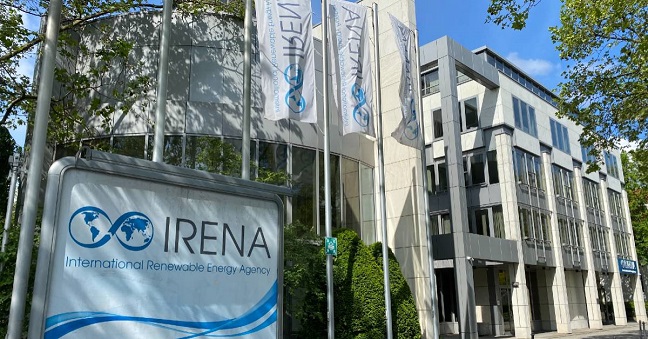
The head of the International Renewable Energy Agency (IRENA), Francesco La Camera, has recently stated that the global energy transition is not on track to prevent the worst impacts of the climate emergency. He has emphasized the need for a fundamental course correction to effectively move away from fossil fuels.
IRENA is an intergovernmental organization that supports countries in their transition to a sustainable energy future. In its latest report, IRENA warned that despite progress in the deployment of renewable energy sources, the world is still far from meeting the goals of the Paris Agreement. The report highlights the urgent need for increased action and ambition in the transition to renewable energy.
A report published by IRENA on Tuesday said an additional $35 trillion of investments in transitional technologies would be needed by 2030 to curb global heating to 1.5 degrees Celsius above pre-industrial levels.
This temperature threshold refers to the aspirational goal of the landmark Paris Agreement.
It is widely regarded as a crucial global target because so-called tipping points become more likely beyond this level of global heating. Tipping points are thresholds at which small changes can lead to dramatic shifts in Earth’s entire life support system.
“We are off track,” Francesco La Camera, director general of IRENA, told CNBC’s “Squawk Box Europe” on Tuesday.
La Camera said that IRENA’s findings show energy transition progress has been made, particularly in the power sector where renewables account for 40% of installed power generation worldwide — but the scale and extent of the change to date fall far short of the 1.5 degrees Celsius pathway.
The transition to renewable energy sources is critical for addressing the climate emergency and reducing greenhouse gas emissions. However, the pace of this transition must be accelerated, and significant investments are needed to support the deployment of renewable energy sources at scale.
Governments, businesses, and individuals all have a role to play in driving this transition forward. Governments can provide policies and incentives to support the development and deployment of renewable energy sources, while businesses can invest in renewable energy and make sustainability a core part of their operations. Individuals can also contribute by making lifestyle choices that reduce their carbon footprint.
Overall, a collective effort is required to successfully pivot away from fossil fuels and transition to a sustainable energy future.
More: Renewable technology innovations in focus at IRENA’s s Innovation Day